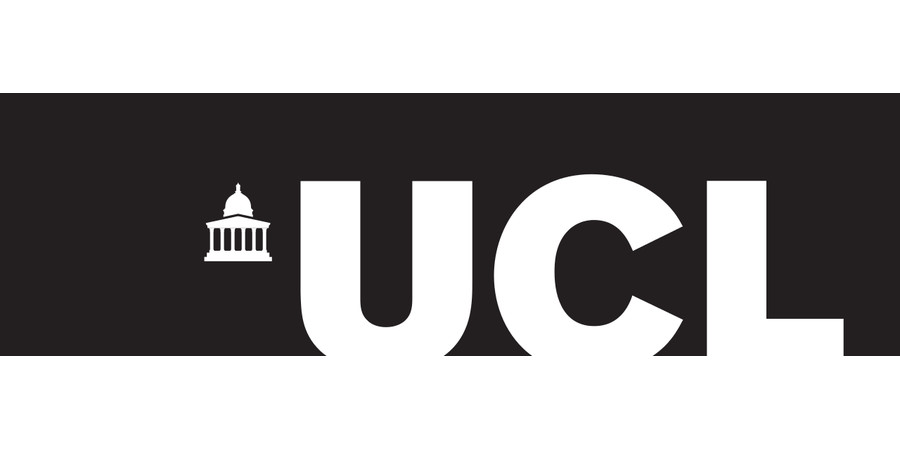PhD Studentship: Transforming Antimicrobial Peptides into Medicines via AI-Empowered High-Throughput Nanoparticle Synthesis Platforms
UCL - London Centre for Nanotechnology
| Qualification Type: | PhD |
|---|---|
| Location: | London |
| Funding for: | UK Students, EU Students, International Students |
| Funding amount: | Stipend at UKRI rate |
| Hours: | Full Time |
| Placed On: | 27th November 2025 |
|---|---|
| Closes: | 12th January 2026 |
| Reference: | CDT-AMR 2026 023 |
Supervisors:
Abstract:
Antimicrobial peptides (AMPs) are natural molecules produced by the immune system and represent one of the most promising avenues for developing new treatments against drug-resistant infections. Their rapid action and ability to target bacteria in several ways make it difficult for antimicrobial resistance to emerge. Despite this promise, AMPs have proven challenging to turn into effective medicines, as they are fragile, easily broken down, and prone to losing their activity before reaching the site of infection.
Encapsulating AMPs within nanoparticles can protect them and help deliver them precisely where they are needed. However, designing suitable AMP-nanoparticle combinations is complicated. Many formulation ingredients, concentration ratios, and processing conditions influence their behaviour, creating a vast and complex landscape that traditional experimentation cannot navigate efficiently.
This project addresses this challenge by bringing together I) microfluidic/flow-based nanoparticle synthesis, which underpins modern nanoparticle drug delivery systems including the Pfizer–BioNTech COVID-19 vaccine, together with II) high-throughput experimentation via laboratory automation and III) AI navigation of the complex landscape described.
This powerful combination not only supports the creation of AMP based nanomedicines, but also addresses a central challenge in modern medicine: many promising drugs lack effective delivery systems. Hence, this project not only allows the student to make a real-world impact, but also provides, through our strong network of industry and healthcare partners, a rare opportunity to develop a highly sought-after interdisciplinary skill set that is in demand across both academia and industry.
Training and Student Development:
The student will gain interdisciplinary training in:
- Nanoparticle synthesis and characterisation
- Microfluidics for high-throughput experimentation on nanomaterial synthesis
- Automation and robotics in pharmaceutical R&D
- Application of AI in process development and materials discovery
- Antimicrobial testing and biological evaluation
- Workflow integration and data management for self-driven laboratories
- Project management and coordination within a multidisciplinary environment
- Scientific writing and effective communication within a multidisciplinary environment
- Networking, career development, and professional self-promotion
The project includes close collaboration with industry partners such as Metalchemy Ltd, Cordouan Technologies, and Accelerated Materials, as well as the NHS, providing real-world context, translational insight, and valuable opportunities for career mentoring and networking with industrial and clinical experts.
Desirable Prior Experience:
- Background in an aligned engineering or science discipline such as, but not limited to, chemical, pharmaceutical, biochemical, or mechanical engineering; pharmaceutical sciences; materials science; or related areas. Applicants from computer science with relevant interest are also welcome.
- Motivation to learn about nanoparticle formulation, microfluidics, or data analysis is highly valued.
Motivation to work in AMR and nanomedicine and to learn how AI can guide experiments and support process and material development is highly valued
How to apply
This project is offered as part of the Centre for Doctoral Training in Engineering Solutions for Antimicrobial Resistance. Further details about the CDT and programme can be found at AMR CDT webiste
Applications should be submitted by 12th January 2026.
Advert information
Type / Role:
Subject Area(s):
Location(s):









